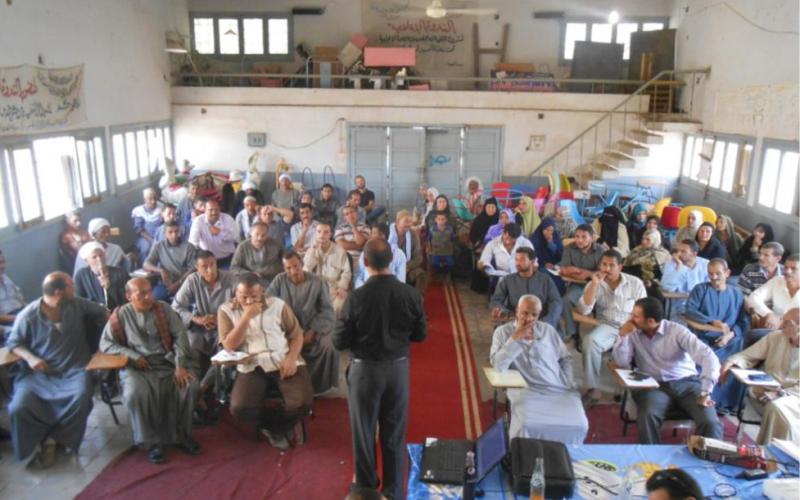AGENDA 2030
Echoing human security principles, the 2030 Agenda for Sustainable Development emphasizes a “world free of poverty, hunger, disease and want … free of fear and violence … with equitable and universal access to quality education, health care and social protection … to safe drinking water and sanitation … where food is sufficient, safe, affordable and nutritious … where habits are safe, resilient and sustainable … and where there is universal access to affordable, reliable and sustainable energy.”
It calls for development strategies that result in resilient societies where people are safe from chronic threats such as abject poverty, hunger, disease, violence and repression, and protected from sudden and hurtful disruptions in their daily lives.
MAKING A LASTING IMPACT: AN INTEGRATED APPROACH
FOR THE REALIZATION OF AGENDA 2030
To achieve its transformative promise, Agenda 2030 calls for a new approach to address the interconnectivity of today’s challenges. To this end, human security provides an effective analytical lens and programming framework. Initiatives applying the approach engage closely with people to uncover their specific needs and vulnerabilities, and advance policies and actions based on their priorities. This results in development that is more inclusive and sustainable.
By being comprehensive and by drawing on the expertise of a wide range of actors, the application of human security ensures coherence, eliminates duplication and advances integrated solutions that result in more effective and tangible improvements in the daily lives of people.
With its core vision to achieve freedom from fear, want and indignity, the human security approach addresses challenges stemming from and resulting in persistent conflicts, social exclusion and abject poverty. In emphasizing the triangular relationship between peace and security, development and human rights, it highlights the essential connections between these variables and helps accelerate the drive towards inclusive and sustainable development.
ADVANCING IMPLEMENTATION OF AGENDA 2030
Based on a wealth of experience in 90 countries, including regional initiatives, programmes supported by the UNTFHS have made significant contributions to more comprehensive, context-specific and prevention-oriented initiatives to achieve Agenda 2030 and the SDGs. These programmes employ integrated strategies that respond to specific situations of human insecurity, strengthen social harmony, and are oriented towards the prevention of crises and the promotion of long-term development. Partnerships with national and local authorities as well as communities are integral to programme and project design and implementation. The coupling of protection and empowerment measures further ensures local ownership and sustainability.
RESOURCES
Agenda 2030 (A/RES/70/1)
Human Security and Agenda 2030 Video
Human Security and the SDGs
UNSSC Video
Highlighted Story
Egypt: Human security through inclusive socio-economic development in Upper Egypt

The overall goal of the programme is to improve the human security of vulnerable households in Upper Egypt by promoting community-owned priority interventions. UN Photo.
Working closely with local and national officials, the UNTFHS programme in Upper Egypt illustrated the value of human security for supporting inclusive and localised development by reaching those most vulnerable and leaving no one behind. Through addressing the root causes of exclusion and promoting community-owned priority interventions, the programme expanded income-generating opportunities and improved access to essential services for women and economically underprivileged households. These efforts reduced the needs and vulnerabilities of those most marginalised and strengthened social capital towards an equitable path for sustainable development.
